Market Share
Organic cheese Market Share Analysis
The latest research report anticipates a substantial expansion in the global organic cheese market size over the forecast period. Cheese, a dairy product derived from coagulating milk proteins, is witnessing a notable surge in demand. Natural cheese, a variant produced from the milk of organically raised cows, distinguishes itself by adhering to an organic diet and steering clear of chemical additives. Here, organic cheese is the embodiment of sound and sustainable methods. The organic dairy farming operates on the principle that they look after the health and well-being of their livestock, meaning they do not expose the animals to hormonal or genetic modification (GMOs). The management of pastures is done in a well-thought-out fashion, without using herbicides or artificial fertilizers. This holistic approach of making cheese is harmonious with the emerging consumer behavior toward the organic choices.
One popular approach is differentiation, which makes an organization specializes in unique and rare organically created cheese products. Here, preparing innovative flavors, special ingredients and bringing the artisanal nature of the cheese production process can be included. Through manufacturing their product with a unique feature, companies try to find a spot in the market for their niche segment and attract the high end customers.
Cost leadership is another vital key market share positioning strategy. The organic cheese manufacturers are trying to leverage economies of scale by streamlining production process, resource optimization, and supply chain management to cut down costs. They are then able to match competitors’ prices for their products, which provides them with increased penetration of the market. The value leadership is especially crucial in the organic sector since the cost sensitivity is the great issue for a consumer.
Market segmentation is a common practice in the Organic Cheeses Market. : Companies narrow down their target consumers by using variables like age groups, s buying habits, and lifestyle. Through the adaptation of their products and marketing to suit the segments, firms are able to deliver the different needs of consumers in a better way. For instance, some cheese producers may concentrate on organic cheese varieties suitable for the family, while others may try to reach the health-conscious customers by featuring the item with specific nutritional information.
In addition to this, businesses in the Organic Cheese Market increase their participation in strategic partnerships and in collaborative projects. By forming partnerships with retailers, distributors or other food industry players, companies can extend their distribution network and create other market channels. The establishment of strategic partnerships can also give a company access to new markets, and it is also an opportunity to use the strength of the other company, which is a win-win situation to all parties.
Digital marketing and E-Commerce has the likelihood of acting as a strong market share positioning tool for the organic cheese brands. Companies are increasingly leveraging online platforms to connect with consumers, build brand awareness, and drive sales. Social media, in particular, is a powerful tool for engaging with health-conscious and environmentally conscious consumers who are more likely to seek out organic products. A strong online presence allows companies to communicate their commitment to quality, sustainability, and transparency, thereby influencing consumer perceptions and preferences.


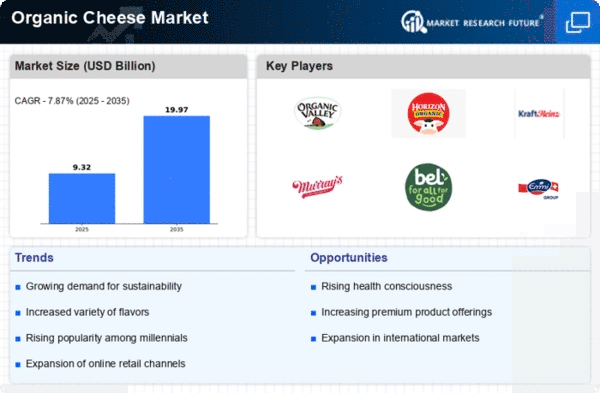
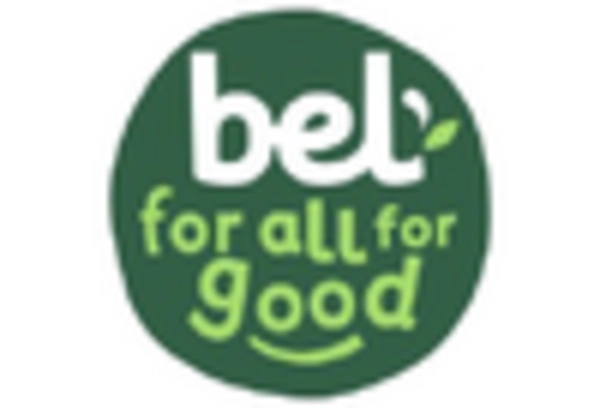
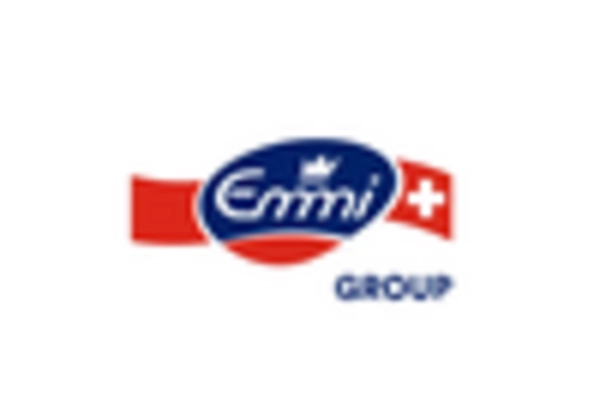
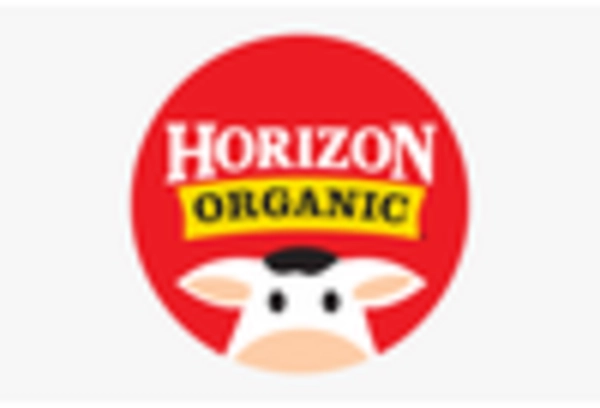

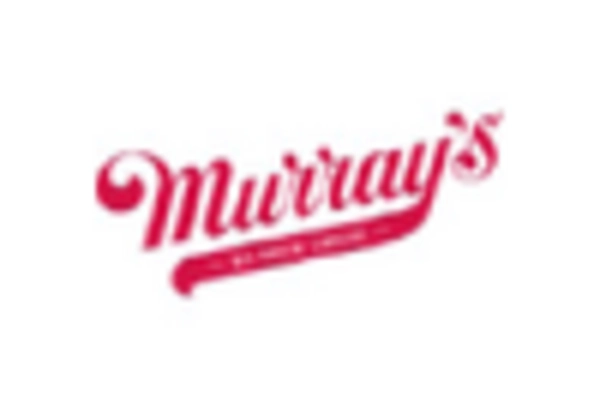
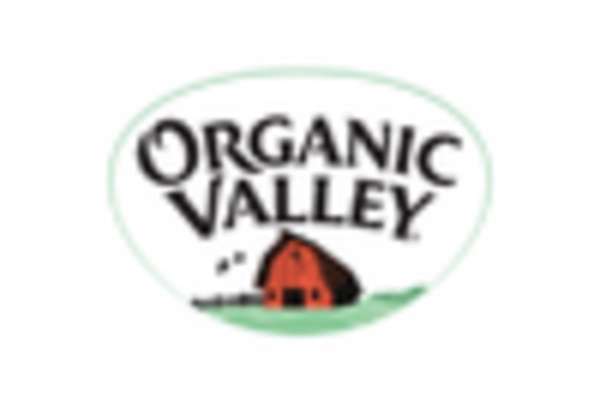










Leave a Comment